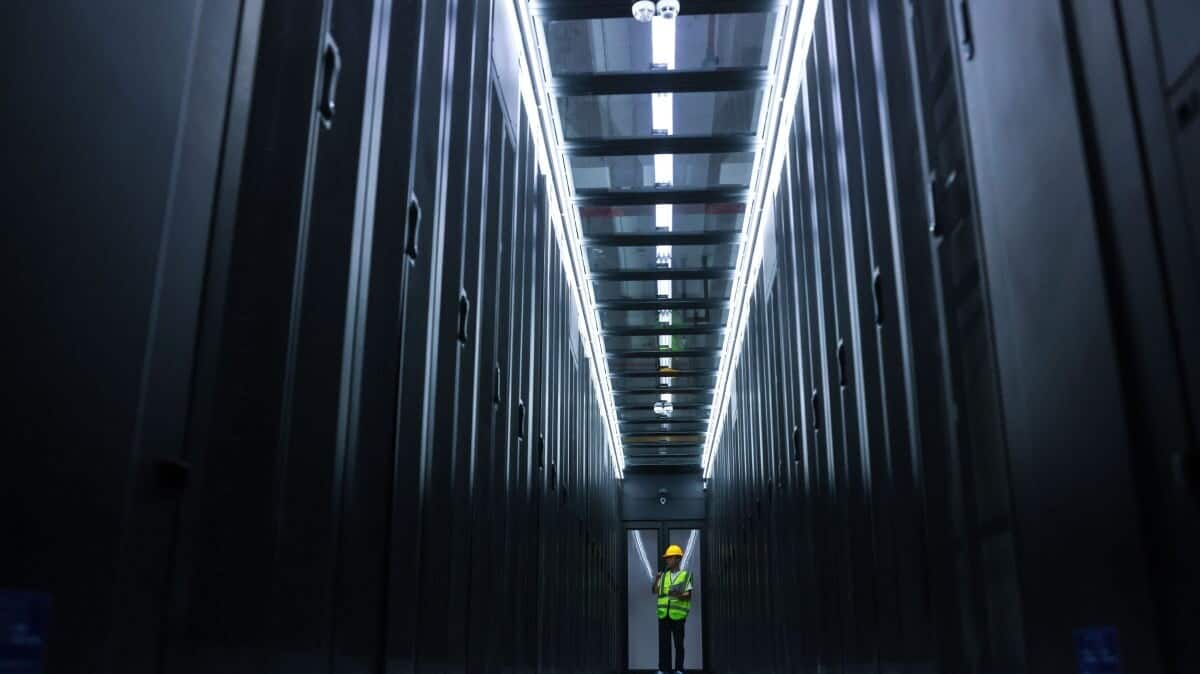
Demand for Asia-Pacific data centers to rise because of AI
What's the story
Asia-Pacific (APAC) data center capacity is expected to double in the next five years, driven by the rising adoption of artificial intelligence (AI) and cloud computing. Analysts from Moody's Ratings project a compound annual average growth rate of nearly 20% through 2028, reaching approximately 24,800 megawatts (MW). This expansion represents more than double the current capacity of 10,500MW.
Investment surge
Leading the global capacity expansion
The APAC region is predicted to account for about 30% of global capacity expansion over the next five years, with more than $564 billion of investment. According to S&P Global Market Intelligence, this growth is attributed to booming investments in developing generative AI software in APAC. "North America is the largest market when it comes to generative AI, driving about 63% of global revenues," said Melissa Incera, a research analyst at S&P Global.
Market shift
Generative AI revenue share to increase by 2028
S&P Global predicts a shift in the generative AI software sector's global revenue share. By 2028, APAC's share is estimated to grow from the current 14% to 20%, while North America's share will decrease from 63% to 55%. This change is due to aggressive investments in other regions, particularly APAC, aiming to meet growing local demand.
Construction and risks
APAC data center construction underway amid environmental concerns
Moody's reports that over 4,400MW of data center capacity is currently under construction in key APAC markets, with about 75% of this new capacity located in China, Japan, Australia and India. However, Nidhi Dhruv, vice-president and senior credit officer at Moody's warns of potential environmental risks. "Data centers are already being primarily served by non-sustainable power sources and the rapid increase in demand is likely to outpace the development of low-carbon energy," Dhruv said.
Energy consumption
Rising data center demand poses environmental challenges
The International Energy Agency (IEA) predicts that the increasing demand and adoption of generative AI will cause global data center electricity consumption, to more than double from 2022 to 2026. Most APAC countries primarily rely on fossil fuels for power generation, with China, the largest data center market in APAC, heavily dependent on coal power. Water stress could also lead to service interruption as water is essential for cooling and maintaining humidity in data centers.
Regulatory measures
Regulate environmental impact of data centers
To mitigate the environmental impacts of data center expansion, APAC governments have begun regulating their environmental impact. China recently unveiled an action plan for the sustainable development of data centers, setting targets to improve energy efficiency and use renewable energy. Moody's encourages data center developers and tenants to sign long-term corporate power purchase agreements, to supply renewable power and reduce their exposure to carbon transition risk.